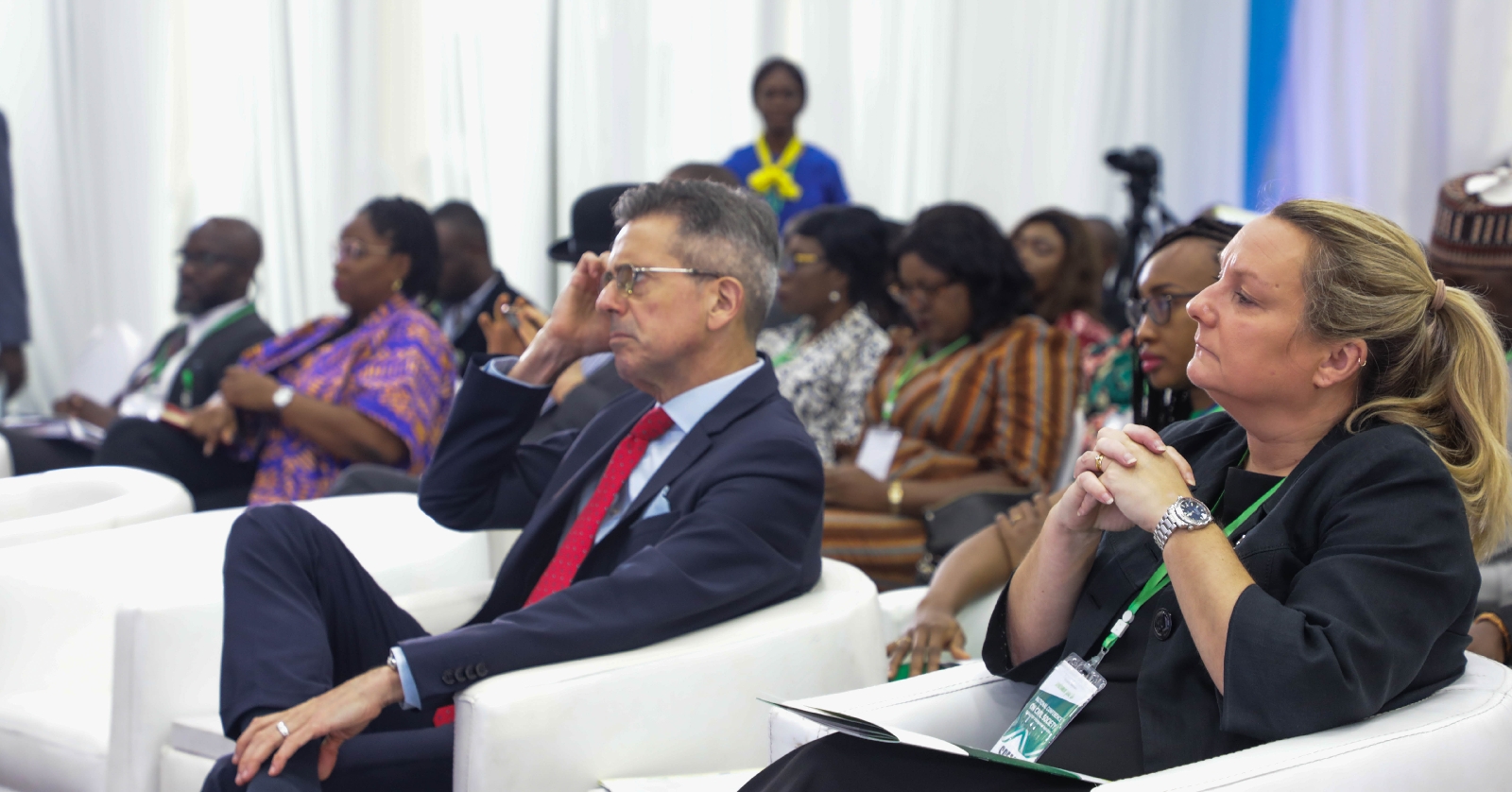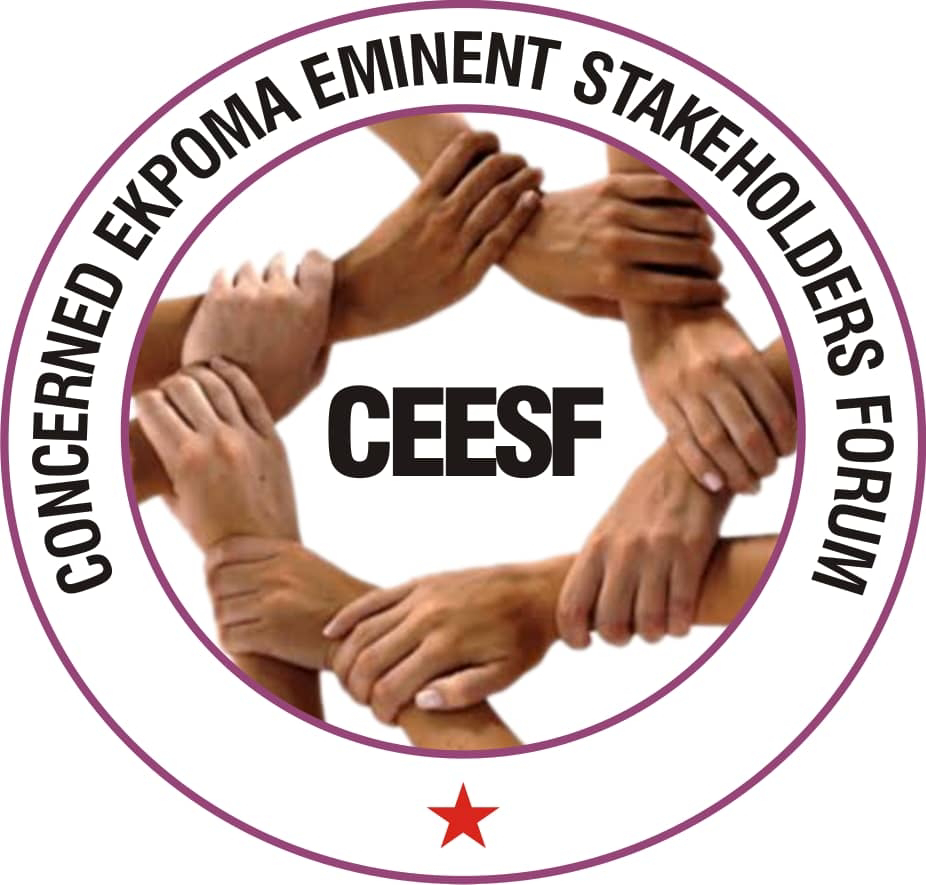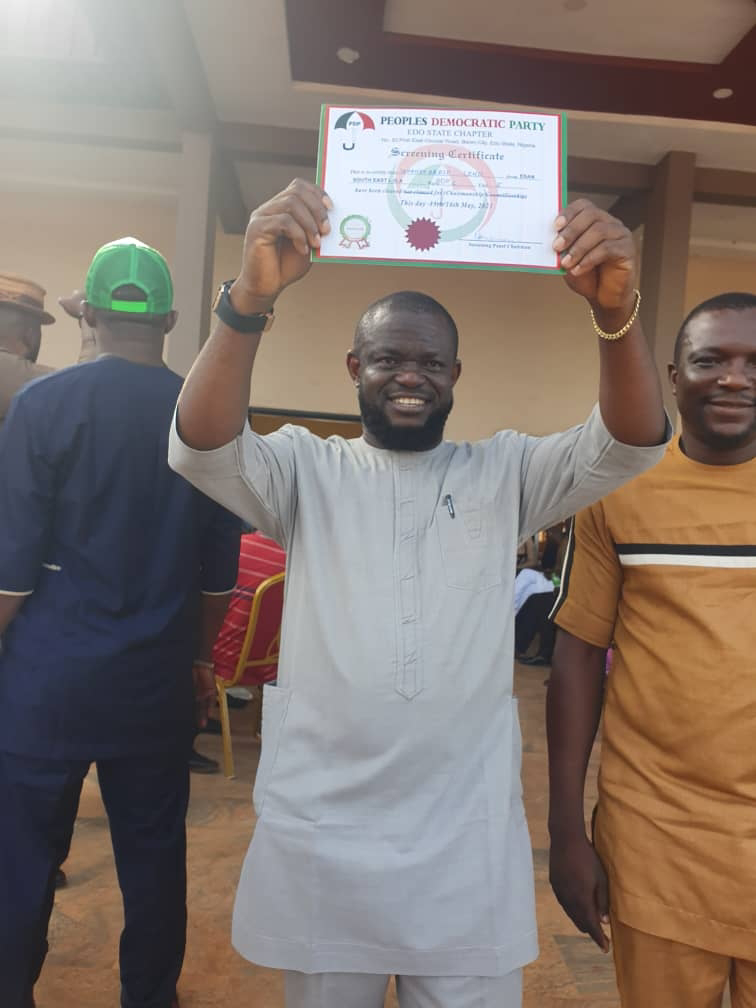FIRS Urges CSOs to Exploit Provisions of Tax Laws in Fund Raising
By Lucky Isibor
The Federal Inland Revenue Service (FIRS) has urged Civil Society Organisations to exploit the provisions of the nation's company income tax laws to solicit funds from companies to finance their not for profit operations.
A cross section of participants at the conference
A legal officer in the Legal Department of the FIRS, Barr. Dauda Zhihwi made the call while making a presentation titled, " CSOs and Profit-making; legal perspective", at the ongoing three-day National Conference on Civil Society Regulatory Environment in Nigeria organised by the EU-ACT project in Nigeria.
While pointing out that operations of CSOs are not taxed, Dauda however noted that profit made from businesses undertaken by subsidiaries of CSOs such as schools, hospitals and other social enterprises are taxed by the FIRS and urged CSOs to be abreast with the provisions of the law that such profits cannot be shared by the promoters of the organisation, but must be ploughed back to the CSO for the realisation of its objectives.
While urging CSOs to exploit the provisions of the Company Income Tax Laws to solicit for funds from companies, Dauda said, "Section 23(1)(c) of CITA provide to the effect that profit of CSO are exempted but those profit or income realized from trade or business are taxable.
"Section 25(5)(c), 25A and 26 of The Companies Income Tax Act Cap C21 LFN make provision for allowance to Companies that made donation of up to 10% of their total profit to certain CSO and Research Development Company, and up to 20% to University to which the sections mention above apply."
Urging CSOs to create awareness among its members, Dauda pointed out that civil societies contribute a lot to the socio-economic development of nations adding that if these provisions of the tax laws were exploited by our universities, the insessant strikes by the Academic Staff Union of Universities, ASUU would have been avoided.
"Take for instance, the Universities. There is provision for donations to the Universities; Section 25a and 26 of the Company Income Tax makes a provision that a company can make a donation to the University up to 20% of its total cost and that donation will be removed as an allowable expenses in the company book. If all these blue chip companies are making donations to the Universities under that section, I think most of the infrastructure the Universities need today will be there and it will reduce the incessant strike by ASUU."
Delivering a key note address on the topic, Unpacking the regulatory framework for CSOs in Nigeria", the Registrar-General of the Corporate Affairs Commission, (CAC) Alhaji Garba Abubakar who was represented by the Personal Assistant to the DG, Mr. Terver Ayua-Jor said the topic for the keynote address presupposes that the regulatory environment for CSOs is currently constripted and requires loosing in order to make it effective. He opined that that assumption is exaggerated stating that the Nigerian constitution 1999 as amended in Section 40 made provisions that Nigerians can assemble freely and associate with other person's, but however noted that, "there is usually a distinction between freedom of association and perceived rights to association under a particular name. While it is recognized there is fundamental right to association, there is no right to association under particular name. The use of a particular name requires licensing or registration and can be denied by a sovereign state or its agency. Such denial for failure to follow prescribed requirement would not amount to denial of right to association. "The availability of a name would for instance usually depend upon municipal laws. Thus section 852 of CAMA provides guidelines on which certain names can be denied. Such denials cannot amount to breach of fundamental human right because freedom of association not being absolute right can be abridged by any law that is reasonably justifiable in a democratic society. S.45 of the constitution."
In a communique issued by participants at the end of the first day of the three-day conference,urged the regulators and the federal government to among other others note that, "there is a low level of awareness of existing regulations among relevant stakeholders including CSOs and regulators alike. There is therefore the need for regulators to engage with the CSOs sector more in promoting mutual understanding.
"There is a need for the government to drive incentives for companies operating in Nigeria to make donations to the nonprofit sector and such donations are to be deducted from the company’s tax liability as stipulated by the Company Income Tax Regulation.
"Part of the responsibility of Regulators is to ensure CSOs have access to needed information on existing guidelines and obligations of the non-profit sector to ensure total compliance with such regulations. It is therefore imperative for the regulators to constantly engage the CSOs sector with a view to providing updates and providing needed assistance in compliance with the seemingly multiple regulations including complying with the Financial Reporting Council.
"There is a need to address the issue of multiple reporting demands on the CSOs by ensuring uniform reporting to the regulatory bodies."
The maiden edition of the conference is the first of its kind in Nigeria and is supported by the European Union Delegation to Nigeria and West Africa and EU-Agents for Citizen-driven Transformation ( ACT) Programme through a collaboration of EU-ACT Programme, Open Society Initiative for West Africa (OSIWA) and USAID-Strengthening Civic Advocacy and Local Engagement (SCALE) aimed at improving the civil society regulatory environment in Nigeria.




Comments
Post a Comment